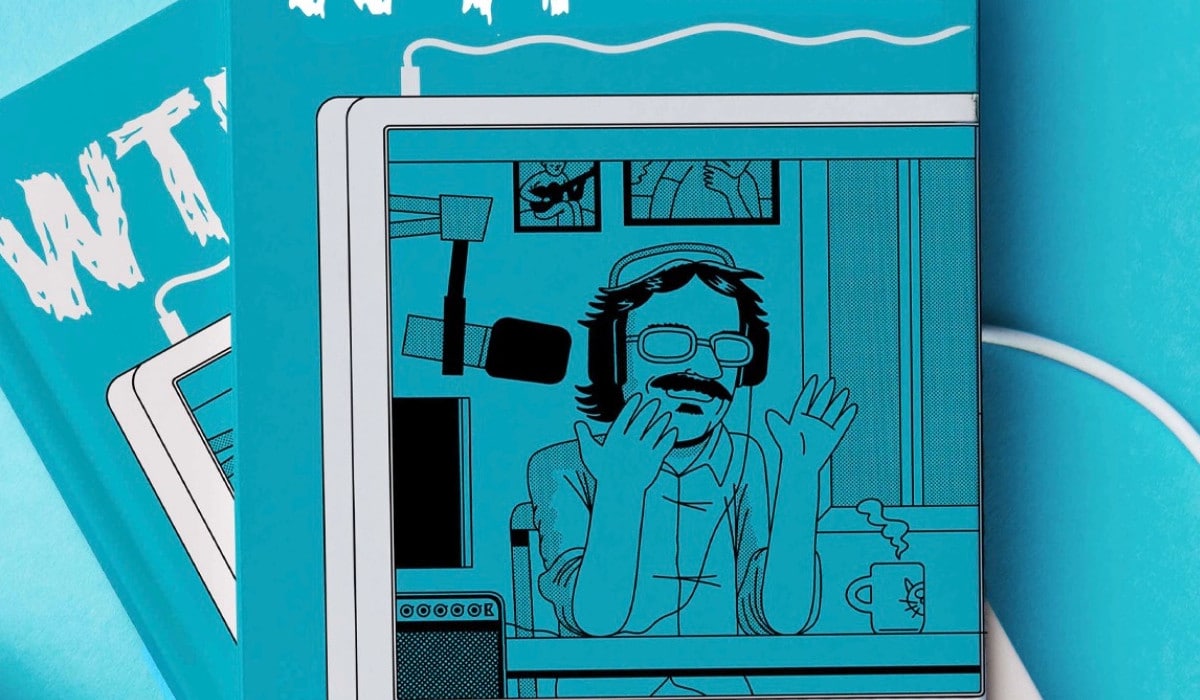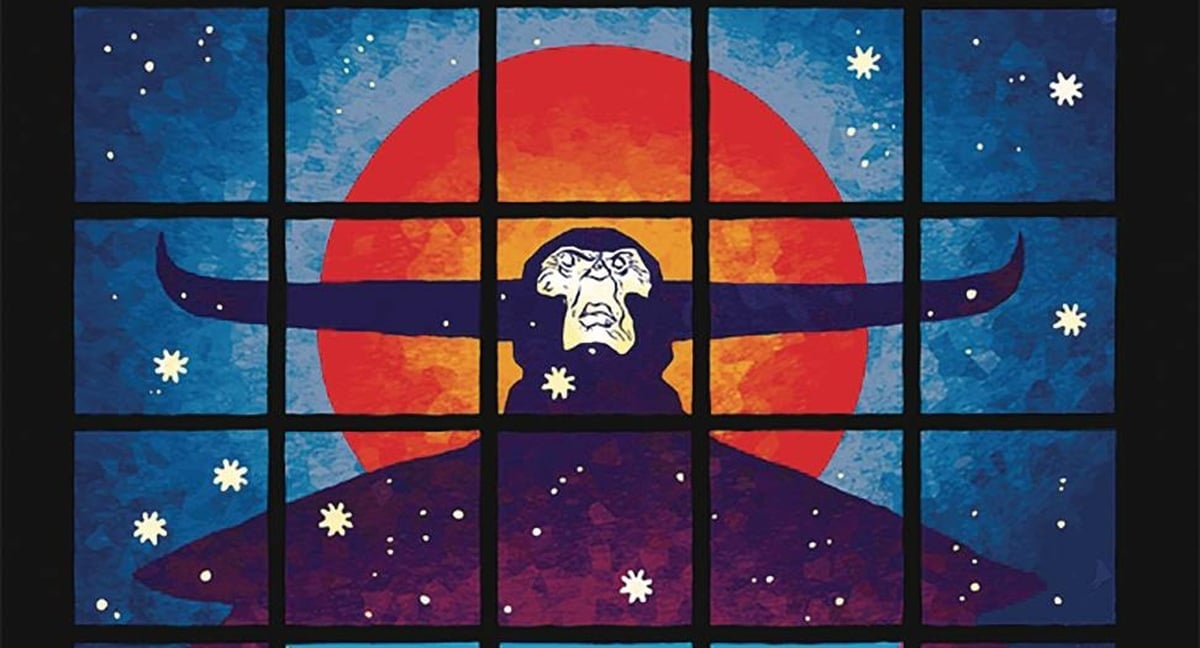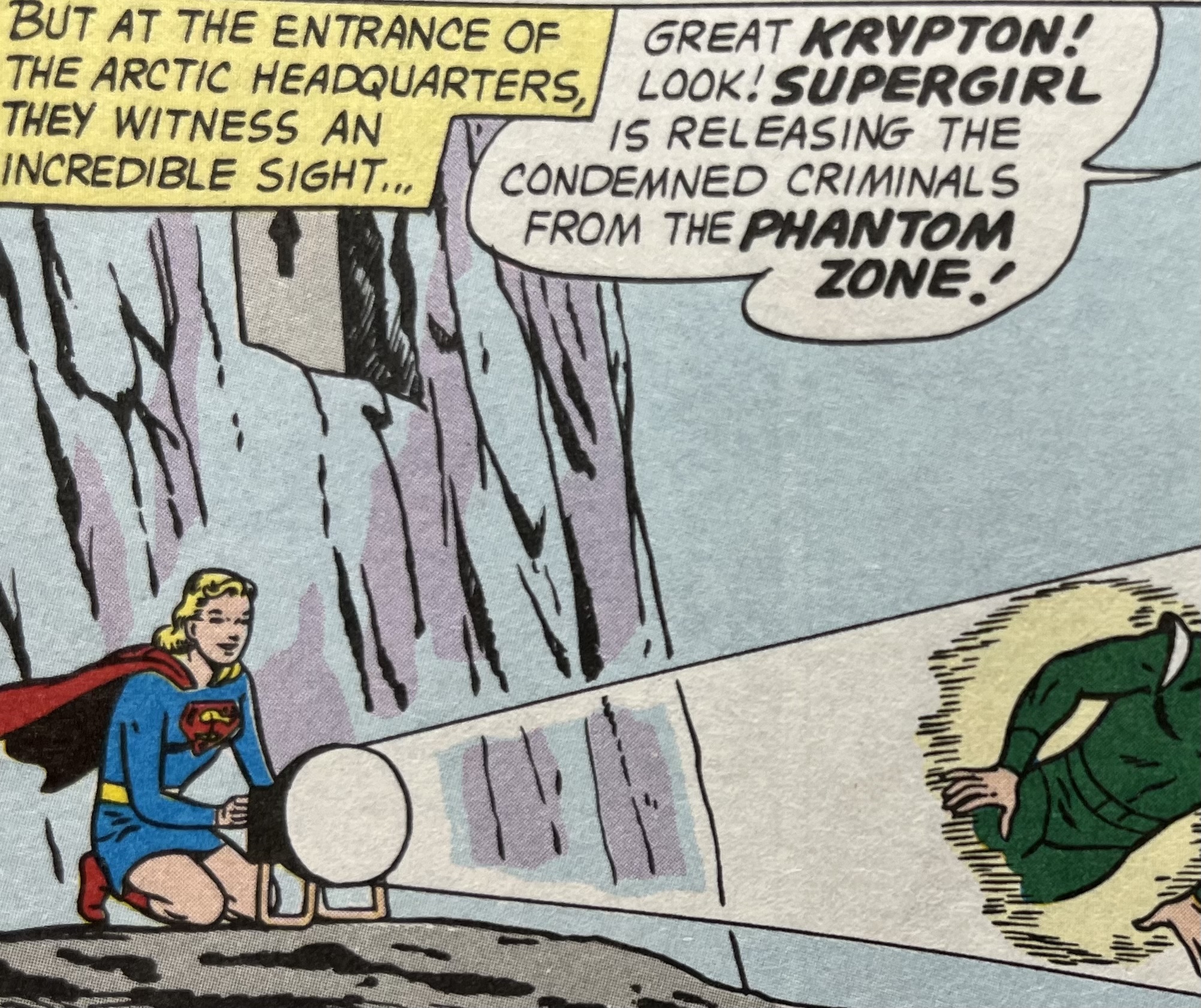
What you think you own when you “buy” a movie or TV show online is not really yours. What companies like Amazon actually sell is a limited-time license to watch the content. Take the $4.99 director’s cut of Alien on Amazon Prime Video. It looks like a bargain, but if Amazon loses the rights, the version you paid for could be swapped out. Lose the rights entirely, and it disappears from your library, no questions asked.
Should Amazon be able to claim you “bought” that movie when you have no real ownership? Critics say no. They’ve taken the issue to court.
Last Friday, a proposed class action lawsuit was filed in federal court in Washington. The suit accuses Amazon of a “bait and switch” by misleading customers into thinking they own digital content when they are only getting a revocable license. The license can be yanked away at any time, leaving viewers empty-handed.
This problem caught attention in California in 2023 when gamers learned that Ubisoft was shutting down servers for The Crew. Once the servers closed, users lost access to a game they had “bought.” That sparked the “Stop Killing Games” movement aimed at stopping publishers from deleting content customers paid for.
Lisa Reingold, who filed this lawsuit, says she bought Bella and the Bulldogs — Volume 4 on Amazon for $20.79 but soon lost access. This experience is common with digital content across platforms such as Apple and Google. If you bought Downton Abbey on Amazon as the seasons released from 2010 to 2015, you would have lost access by 2024.

The messy business of digital licenses and opaque terms explains why physical media like BluRay and DVDs remain popular. Our publication believes physical media is king. Unlike digital licenses, DVDs guarantee permanent access, no matter what legal or licensing spat breaks out behind the scenes.
Amazon did not respond to a request for comment. The lawsuit accuses the company of misrepresenting what consumers are actually purchasing. Amazon’s site tells buyers they are “buying” a movie. But the fine print buried on confirmation pages quietly admits the buyer “receives a license to the video and you agree to our terms.”
This is not the first legal battle over the practice. A 2020 lawsuit claimed unfair competition and false advertising. Amazon defended itself by arguing the meaning of “buy” includes licensed access, not permanent ownership. It cited dictionary definitions that say purchase can mean obtaining the right to use a service. The court rejected Amazon’s attempt to dismiss most claims, except one over unjust enrichment.
New laws may strengthen the case against companies like Amazon. California passed a law earlier this year forbidding sellers from advertising a transaction as a “purchase” unless they give the buyer unlimited ownership. Sellers must clearly inform customers when they are buying limited licenses that can be revoked.

The lawsuit claims Amazon fails this test. According to consumer lawyer Wright Noel, “Amazon does not meet the standards set by the statute for a clear and conspicuous notice.” The notice about license limits is hidden in tiny font at the bottom of the screen.
The suit alleges violations of California’s unfair competition, false advertising, and consumer legal remedies laws. It seeks damages, profits disgorged, and punitive penalties over what it calls intentionally malicious conduct by Amazon.
Is it time for regulators to force digital platforms to be honest about what you are really buying? When movies and shows just disappear without warning, who is really in control of your “purchase”? Courts will decide, but consumers should not be blindsided by fine print again.
Film Threat had a great discussion about the case here:
If viewers want real ownership and protection, physical media still offers the most reliable option. When everything else fails, DVDs and Blu-rays remain under your control, immune to corporate licensing games. In this digital age, our publication stands firmly behind the idea that physical media is king.
***



















 English (US) ·
English (US) ·